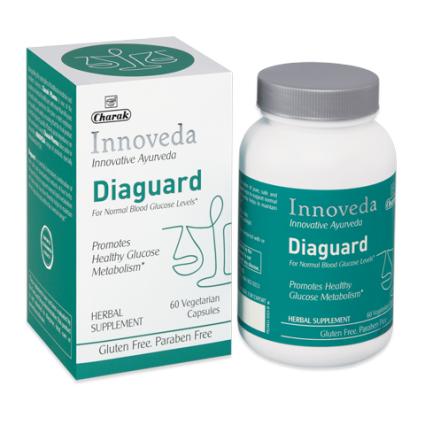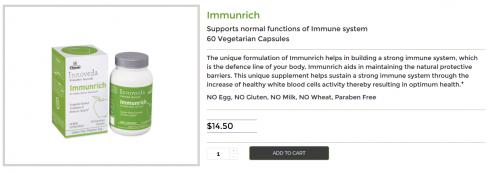Biological & Mechanical Valve Replacement for Heart Valve Disorder | Patients & Caregivers
Heart Valve Replacement Surgery
HOW THE HEART WORKS?
A healthy heart beats around 100,000 times a day. The heart’s job is to supply the body with oxygen-rich blood. The heart has four chambers. Blood is pumped through the four chambers with the help of four heart valves.

WHAT HEART VALVES DO?
Heart valves open when the heart pumps to allow blood to flow. They close quickly between heartbeats to make sure blood does not flow backward. Any trouble in this normal flow pattern will make it hard for the heart to pump the blood where it needs to go.

Pulmonic Valve: Controls the flow of blood to the lungs to get oxygen.
Aortic Valve: Controls the flow of blood as it exits the heart and is pumped to the rest of the body.
Mitral and Tricuspid Valves: Control blood flow as it moves between the chambers of the heart.
HEART VALVES DISORDER
The mitral and aortic heart valves are commonly affected by two main types of conditions:
- Regurgitation (leakage of the valve): The valve does not fully close, causing blood to flow backward. This forces the heart to pump more blood on the next beat, making it work harder.
- Stenosis (narrowing of the valve): The opening of the valve narrows, limiting the flow of blood out of the heart’s chambers. This causes the heart to pump blood with increased force in order to move blood through the narrowed or stiff (stenotic) valve.
“When the mitral and aortic heart valves fail to open and close properly, the heart's ability to pump blood adequately through the body is hampered. The implications for the heart can be serious and this issue can lead to a variety of complications, including heart failure
REPAIRING THE MITRAL VALVE
Many surgical techniques are available to repair the mitral valve to enable it to open and shut efficiently.
- Decalcification to remove calcium and improve valve mobility
- Repair of the fibrous strings that support the valves
- Ring annuloplasty tightens the ring-like structure (the annulus) that supports the valve by inserting an artificial ring made of metal, tissue or cloth around the valve
- Patching holes to stop valve leakage
- Reshaping the leaflets to allow the valve to open and close more effectively
- Commissurotomy to open a narrowed valve
REPLACING THE MITRAL VALVE
A damaged mitral valve can be replaced with either a mechanical valve, or a biological valve.
Mechanical valves are made of durable synthetic materials such as titanium and pyrolytic carbon. They last approximately 30 years, and recipients must take lifelong blood thinning medications (e.g., Coumadin or Warfarin). A mechanical valve is typically recommended for individuals 50 years or younger.
Biological valves are made from animal tissue (cow or pig). They last approximately 10 to 15 years, and patients do not require long-term blood thinning medications. A biological valve is recommended for those 65 or 70 and older.
REPAIRING THE AORTIC VALVE
Several surgical techniques are available to tighten or loosen the aortic valve, so that the valve functions properly. Aortic valve repair can include surgical valvuloplasty to repair valve cusps so that it opens and closes more effectively.
REPLACING THE AORTIC VALVE
With aortic valve replacement surgery, the faulty valve is removed and replaced with an artificial valve. The decision to choose a mechanical or biological aortic valve depends on the unique needs of each patient.
SYMPTOMS OF AORTIC REGURGITATION
- May not have any symptoms for years
- Fatigue
- Shortness of breath
- Swollen ankles and feet
- Rapid or irregular pulse
SYMPTOMS OF MITRAL VALVE REGURGITATION
Many people with severe mitral valve regurgitation may not have symptoms, yet may still benefit from early mitral valve repair.
Signs and symptoms of mitral valve regurgitation can include:
- Blood flowing turbulently through your heart (heart murmur)
- Shortness of breath, especially with exertion or when you lie down
- Fatigue, especially during times of increased activity
- Heart palpitations- sensations of a rapid, fluttering heartbeat
- Swollen feet or ankles






Comments